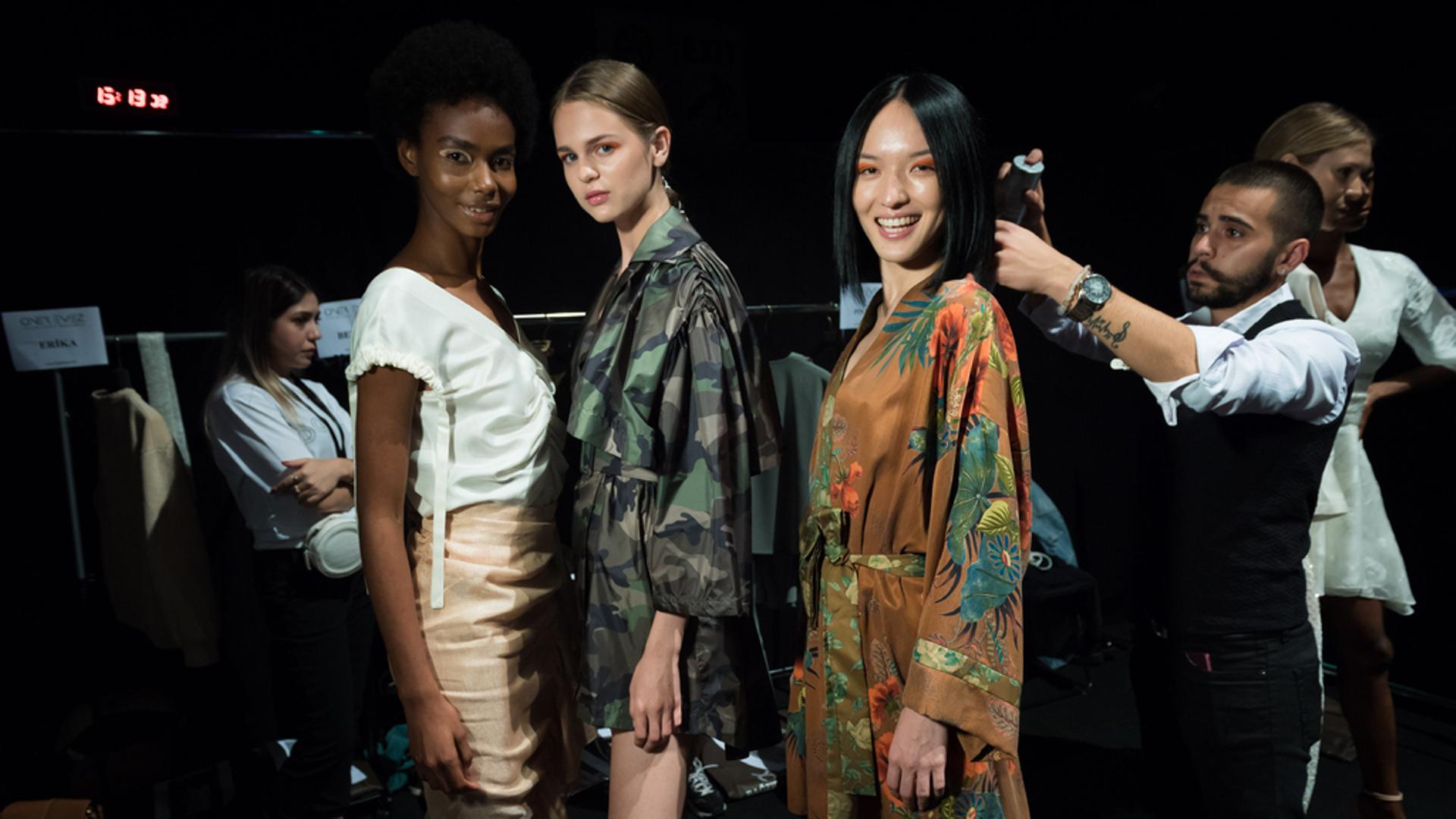The Mercedes-Benz Fashion Week Istanbul (MBFWI) is moving entirely to digital platforms for its 15th season this year. The event will take place on October 12-16 with the support of the Turkey Promotion Group (TTG).
According to MBFWI, the digitalisation process had begun before the coronavirus pandemic hit in March, and thus was not a direct result of Covid-19. In November 2019, a conference bringing together Turkish fashion stakeholders had collectively reached the decision that the fashion week would move online, and that work had already begun towards achieving this end.
The pandemic, of course, sped up the process, and the work that had been put into the logistics since November, has ultimately ensured there are no logistical hiccups, and that actions are taken rapidly. Fashion Designers Association co-chair Ozlem Kaya says “There were advantages and disadvantages to having no audience. Yet all crews worked meticulously and very hard, taking all precautions for hygiene and completing shoots without any problems.”
Digital fashion weeks are also on the radar of other world fashion weeks, from London to Shanghai. The fashion industry has been discussing possible changes for a long time and today’s conditions are giving it yet another reason to consider making alterations to previous traditions.
Why changes have had to be made is primarily because of seasons losing their significance, as well as the industry generally falling in step with digital transformation. As physical touch and the ability to get together are also almost nostalgic concepts these days, larger due to the pandemic, it makes more sense than ever to hold fashion week online: no more time spent travelling to foreign destinations, one’s carbon footprint is greatly reduced as a direct knock-on effect of this lack of flying around the world, and now, there is also the bonus of a reduction in unnecessary health risks.
At the same time, digital fashion weeks offer the benefit of making accessible content for all to see on an international scale, obliterating the problem of physical distances.
Digital fashion week also means that the metropolitan, leading cities of Paris, Milan, London and New York, are no longer the only focus and are not necessarily the centres of the fashion world, thus allowing newcomers and cities farther east to showcase their own talents.
Kaya notes that while Istanbul may have a while to compete with the giants, she finds that “a fashion week that protects its own values and elevates them, and is intricately connected with the texture and culture of the city is more valuable than to try to compete with the giants of the industry.”
Buyers are increasingly using digital showrooms, too, and can easily discover brands in different countries by showcasing this way, while editors can now attend events all around the world from the comfort of their homes. Moreover, the much desired “front row” privileges can become a thing of the past, with many viewers being able to enjoy what was once an elite privilege for a select few, a concept that contributes to the democratisation of the fashion industry in the process.
Kaya does not believe that catwalk shows were undemocratic to begin with, but “due to format, as with around the world, they were events that were considered to be limited to a small group of people but reached a large following thanks to the power of social media.” She thinks that “with the new setup, they will take on a form where anyone could watch from a website.”
Kaya says she is thrilled that MBFWI is collaborating with one of the world’s prominent digital wholesale platforms, Joor, as well as editorially with Vogue Runway and Business of Fashion, to publicise and, ultimately, sell Turkish designers’ collections.
According to press materials, “MBFWI will provide a creative season-free platform where the in-season collections will be presented to the end consumer, along with Spring-Summer 2021 and Fall-Winter 2020/21 collections… and will also open its doors to designer labels and designers that wish to present designs for different seasons within the same collection.”
There will also be virtual showrooms, panels, podcasts and multidisciplinary collaborations during October’s MBFWI. The fashion week will also feature genderless collections for this season, as well as womenswear and menswear collections.
Press materials also indicate that “MBFWI will provide a creative season-free platform where the in-season collections will be presented to the end consumer along with Spring-Summer 2021 and Fall-Winter 2020/21 collections. As always, MBFWI will enable industry professionals to explore the designs of the upcoming seasons. MBFWI will also open its doors to designer labels and designers that wish to present designs for different seasons within the same collection.”
Runway shoots for the digital event, with more than 30 designers, will take place at Galataport Istanbul and Tophane-i Amire Culture and Arts Center. MBFWI notes that “This will enable the cultural and historical heritage of Istanbul to be promoted on global fashion platforms throughout the digital fashion week.”










Discussion about this post